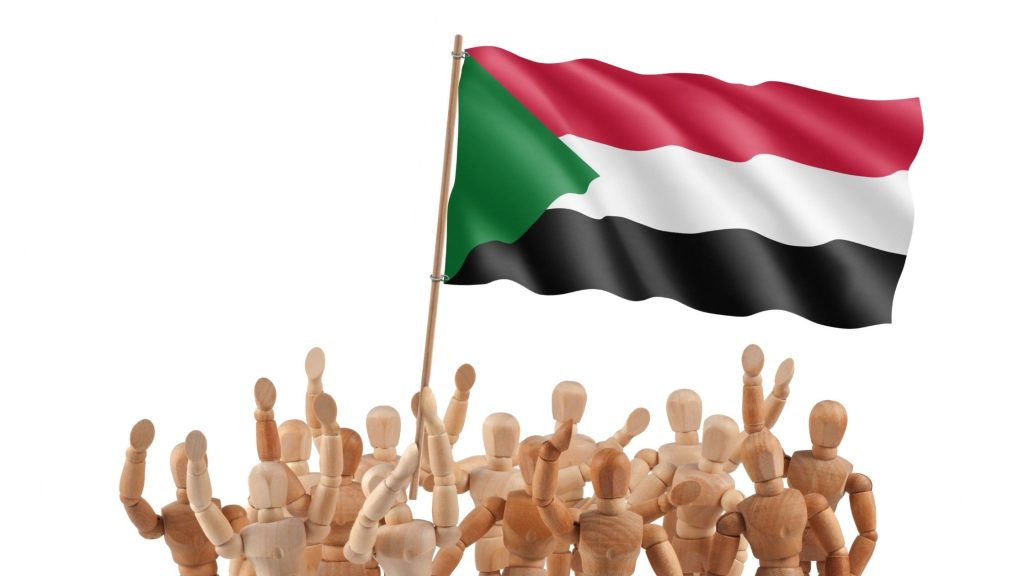Sudan’s Prime Minister Abdalla Hamdok has resigned a day after protests erupted in the capital, Khartoum, for another time.
The opposition was furious with the president, who had recently concluded a power-sharing agreement with the army, which toppled him in October.
Protesters chanted “Power to the people” as they demanded the restoration of full civilian authority. Despite the fact that police and military forces had previously used excessive force, they launched another round of violence, resulting in the deaths of two people.
The army now has full command of the situation, as General Hamdok has resigned. It is yet another blow to Sudan’s fragile attempt at a democratic transition after the country’s long-term authoritarian leader, Omar al-Bashir, was overthrown in 2019.
In a broadcast speech, Mr Hamdok warned that the nation was at “a crucial turning point that threatens its very existence.”
He said he’d done everything in his power to prevent the country from “sliding into catastrophe,” but that “despite all of [his] efforts, a consensus has not been reached.”
After the army staged a coup on 25 October and placed Prime Minister Hamdok under house arrest, junta leaders had negotiated an uneasy power-sharing agreement with civilian and military authorities.
Under the terms of the deal reached with Mr Hamdok in November, Prime Minister Al-Tahir was to lead a government of technocrats until new elections could be held.
But it was uncertain how much authority the new civilian government would have, and protesters were wary of the military.
On Sunday, a large number of demonstrators were seen on the streets of Khartoum and Omdurman, shouting slogans and demanding that the military steer clear of politics.
“The year of the continuation of the resistance” was said to be 2022 by some organizers.
According to the pro-democracy Sudan Central Doctors’ Committee, more than 100 people were wounded during protests across the country on Monday.
The coup leader Gen Abdel Fattah al-Burhan has acknowledged the army’s intervention to prevent a civil war from breaking out, explaining that he had acted to avert a conflict that was on the verge of erupting.
He also said that Sudan is still dedicated to a transition to civilian rule, with elections planned for July 2023.
Sudan celebrated its independence on January 1, but there is little to celebrate at the moment.
The resignation of Prime Minister Abdalla Hamdok is a major loss for the military leaders who had hoped that working with him would appease protestors and legitimize their stay in power.
Unfortunately, those evaluations were incorrect. However, it demonstrates that the military has taken control of the country, which was a result of the country’s attempt to return to civilian rule.
The present political crisis has the potential to restore Sudan to the authoritarian years of former ousted ruler Omar al-Bashir.
However, it’s likely that the country will be shunned once more. With the likes of the United States already threatening to penalize those who impede the restoration of democracy, there is also the prospect that the nation will revert to being a pariah state.
While the country’s economic problems may be worsening, they will have a worse impact on the lives of Sudanese people.
